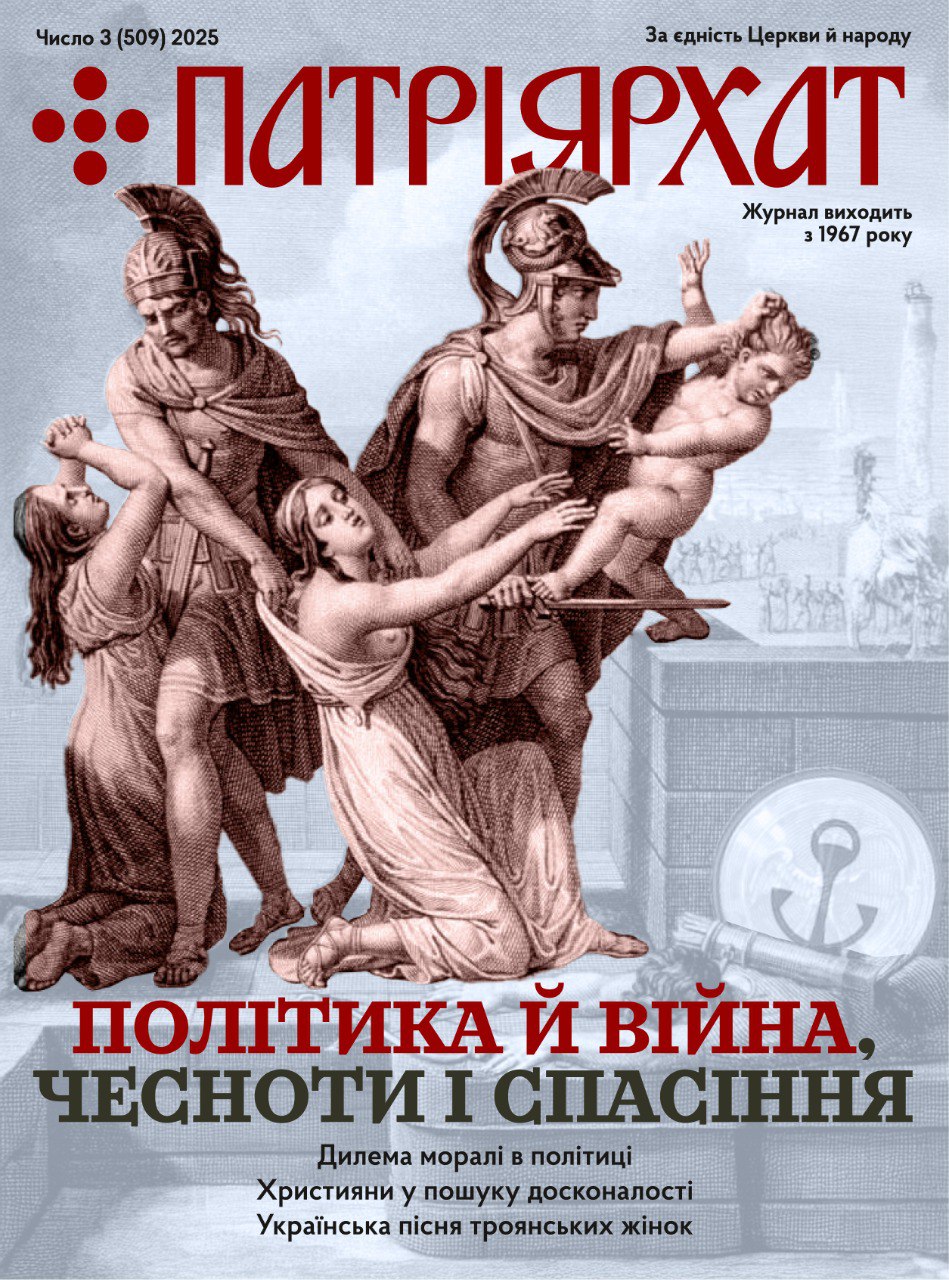Myroslav Ivan Lubachivski
The New York Times,
March 28, 1980
Special to The New York Times
ROME, March 27 — Pope John Paul II named Archbishop Myroslav Ivan Lubachivski today as the potential eventual successor to the head of the Ukrainian branch of the Roman Catholic Church, a choice that reflected the Pope’s preference for a candidate who satisfied personal as well as doctrinal and diplomatic standards. The Archbishop recently became the subject of a dispute when he was chosen by the Pope to lead the Ukrainian church in America.
The 66-year old Archbishop, who would succeed Josef Cardinal Slipyj, 88, in case of death or retirement, has won the Pope’s confidence as a scholar who specializes in fine points of liturgy and as a subtle tactician who showed promise for convincing many of the fiercely anti-Soviet Ukrainian hierarchy that the Vatican was correct in pursuing detente with the Russians.
Like many Ukrainian clerics who fled Russia after the command by Stalin in 1946 that the church be absorbed into the Russian Orthodox Church, Archbishop Lubachivski knows what it is to live under a suppressive regime and sees the need for negotiations without compromising principle. It is an experience he shares with the Pope, who chafed under the strictures of Polish Communism.
This bond was sited as one reason for the Pope’s choice of the Archbishop six months ago as head of the 5 million American Ukrainian Catholics. It was also believed to be a factor in the Pontiff’s decision to call on the Archbishop at his cathedral in Philadelphia during the papal visit to the United States.
As the Pope put it in a brief address at the Vatican yesterday, Archbishop Lubachivski will be co-adjutor, or assistant, «with the right to succeed» Cardinal Slipyj as Archbishop of Lvov.
Although the Pope went out of his way to say that Archbishop Lubachivski was first on a list of candidates that emerged in secret balloting by 15 Ukrainian bishops at a special synod under way since Monday, Vatican sources made it clear that the choice was a controversial one.
Archbishop Lubachivski is regarded as a moderate nationalist who is expected to go along with the Vatican’s policy of detente. They added that this policy had been sharply criticized in the past by more militant Ukrainian Catholic prelates and particularly by Cardinal Slipyj, who spent 18 years in Soviet prison camps. The Cardinal has lived at the Vatican since he was eleased from a camp in Siberia and expelled from the Soviet Union in 1963 as a good-will gesture to Pope John XXIII.
Archbishop Lubachivski, moreover, may be expected to work closely with the Curia, the Vatican’s administrative organization, the sources said. Some other candidates would insist on more independence from Rome, the sources added.
Philadelphia Decision Criticized
When he was appointed by the Pope to the Philadelphia post, several Ukrainian Catholic prelates criticized the move in a letter to the Pope. They argued that it was up to the Ukrainian Catholic clergy, adn not the Pope, to fill the post.
Archbishop Lubachivski, who is 65 years old, was born in Dolina, near Lvov. He was ordained a priest in the Ukraine, then studied in Austria and Rome. He has written many scholarly works on questions of liturgy.
Vatican specialists said his interest in liturgy made him a natural choice as successor to Cardinal Slipyj because the Ukrainian Catholic Church, which is dispersed in North America, Europe and Latin America, is facing grave decisions in the field of liturgy.
Many of the younger members of the church are no longer familiar with the Ukrainian language, which they heard used as the language of their grandparents. Local Ukrainian Catholic churches have been trying with varying success to introduce English, Spanish or German into the liturgy and serious problems of unity and identity have arisen as a result, the sourses said.
They added that this must have weighed heavily in the Pope’s decision in favor of Archbishop Lubachivski. The Pope is deeply concerned with questions of unity and with questions of liturgy and catechism.
But many observers at the Vatican placed the appointment of the Philadelphia prelate primarly in the context of relations between the Vatican and the Communist countries.
The Pope has adopted a two-part policy toward the Soviet Union and the Communist regimes of Eastern Europe.
He has been urging greater freedom of worship and education for the Catholic Churches in Eastern Europe, and he has made it clear that he is willing to use all the moral pressure at his disposal to this effect.
But when it comes to external relations between the Vatican and Communist governments, and between Eastern and Western countries, he has come out strongly for detente and collaboration.

